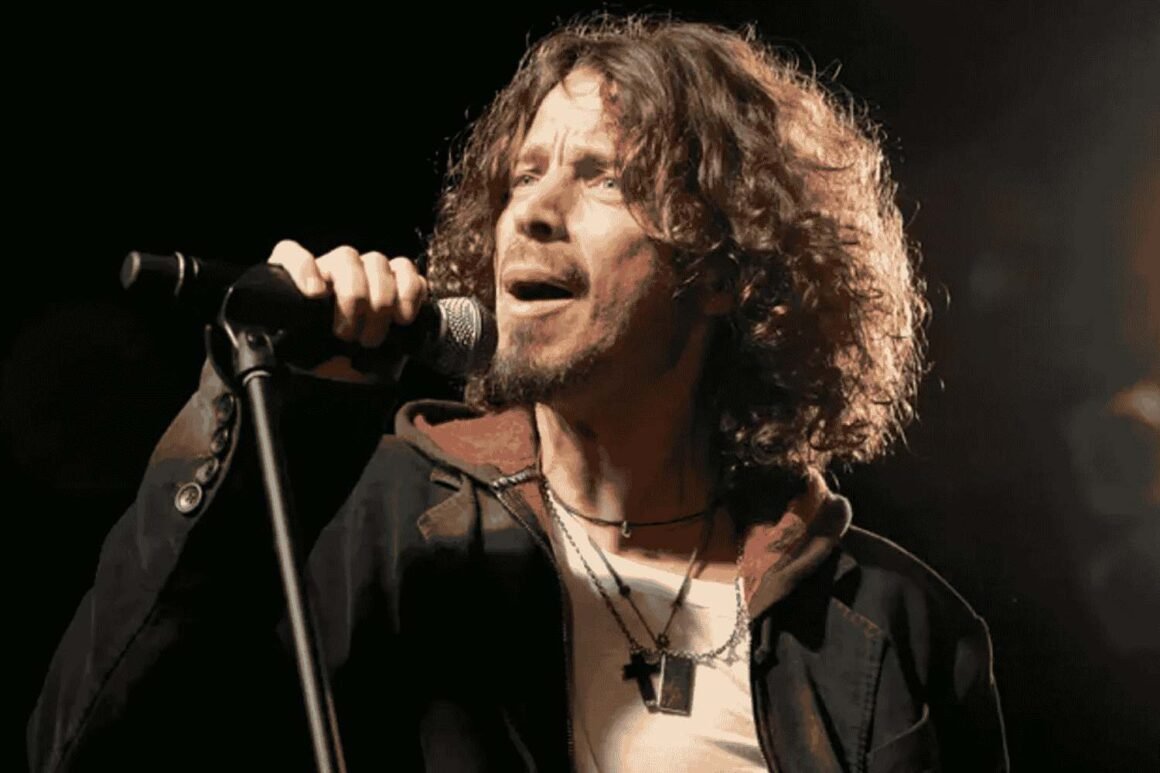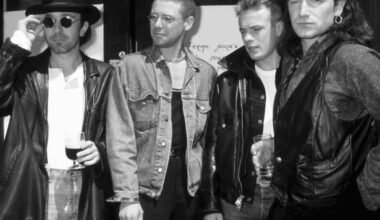Chris Cornell’s music feels inseparable from rock’s DNA, influencing generations through his work with Audioslave, Soundgarden, and Temple of the Dog. His unmatched voice and songwriting prowess left an undeniable legacy, reverberating across decades. Dubbed ‘The Voice’ by his peers, Cornell was revered not just for his vocal range but for the depth and authenticity he brought to every song.
Alice Cooper once explained how fitting this nickname was, saying Cornell’s voice simply “outshone” his contemporaries. Beyond his singular voice, Cornell’s relationship with music was complex and deeply personal, shaped by an array of influences that helped him craft a distinct sound that resonated with millions.
In a 2009 interview with The Guardian, Cornell reflected on the artists that defined his teenage years. Between the ages of 17 and 19, he listened almost exclusively to Elvis Costello and The Beat, while his exposure to groups like Led Zeppelin, Black Sabbath, and The Rolling Stones came through constant radio play. These classic rock giants played a crucial role in shaping his early musical palette.
But Cornell’s fascination ran deeper. Later in his teenage years, Pink Floyd became a particular obsession—especially their debut album, The Piper at the Gates of Dawn, which he first heard at age 19. In an interview with Rolling Stone, he recounted how often he’d rebuy that album on CDs, cassettes, and vinyl, noting, “I used to have the back of that album painted on my leather jacket.”
Pink Floyd’s influence is particularly clear in Soundgarden’s iconic track “Black Hole Sun.” With its swirling, almost surreal intro and dark undertones, the song pays subtle homage to Pink Floyd without direct imitation. Cornell himself acknowledged this, likening the song to the work of Syd Barrett-era Pink Floyd, where “there’s a happy veneer over something dark.” He described how these nods to Pink Floyd weren’t intentional but surfaced naturally in his music.
Syd Barrett, one of Cornell’s key inspirations, played a central role in The Piper at the Gates of Dawn, writing all but one of its tracks. Barrett’s impact on Pink Floyd continued briefly on their next album, A Saucerful of Secrets, where he contributed to songs like “Jugband Blues” before departing the band due to personal struggles.
Cornell openly celebrated his musical heroes, often covering their songs during his solo performances. Whether honoring Led Zeppelin, Pink Floyd, or other icons, he showed a deep respect for the artists who inspired him. Chris Cornell’s career wasn’t just about creating music—it was a tribute to the rock legends who helped him shape his own voice, making him one of the greatest musicians of his era.







